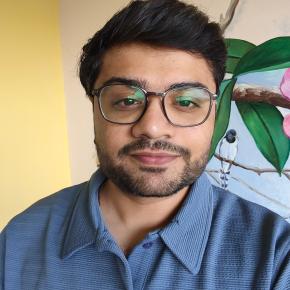
WhatsApp has faced a ton of backlash for its privacy policy update over the past couple of weeks. The company has tried to clarify the new changes but had to ultimately delay the rollout to give users more time to review the policy. Many users have since jumped ship, flocking to more secure apps such as Telegram and Signal. An advocate in India, however, took it upon himself to challenge WhatsApp and its intrusive privacy policies in the Delhi High Court.
In response to this legal challenge, the Delhi High Court today stated that accepting the new privacy policies of the messaging app, WhatsApp was a voluntary thing. Judge Sanjeev Sachdeva told the petitioner that a user is free to choose not to use the app and leave if they don’t agree with the updated terms and conditions. They can switch to any other messaging app.
“It [WhatsApp] is a private app. Don’t join it. It is a voluntary thing, don’t accept it. Use some other app,” said Justice Sachdeva (via LiveMint/ PTI). He continued to add that reading the terms and conditions for some of the most popular apps could be an eye-opener for all. “You would be surprised as to what all you are consenting to,” said Sachdeva. He then cited the example of Google Maps, saying it captures and stores all of your location data. Isn’t that more concerning?
WhatsApp and Facebook were represented by senior advocates Kapil Sibal and Mukul Rohatgi respectively. These two, along with Justice Sachdeva, had a fun banter at the hearing. Sibal and Rohatgi made the hearing comical by creating confusion about who represented WhatsApp and who Facebook. Sachdeva asked them to “share data with each other” and figure it out. You can read this hilarious banter right here:
Coming back to the issue at hand, the petitioner said that WhatsApp’s privacy policy jeopardizes national security and borders on user surveillance. To this, the court has decided that the issue requires consideration. The issue needs to be analyzed to see what all user data could be leaked by the messaging app.
Advocate Sibal and Rohatgi, on the other hand, stated that many issues raised in the plea were without foundation. They added that the plea was not maintainable. But, the court and central government agreed to thoroughly analyze the privacy issue and meet on 25th January. So yeah, the new WhatsApp privacy policy is still in effect and will go live on 15th May. You can choose to switch or accept the new terms. It is your decision at the end of the day, as per the court.
